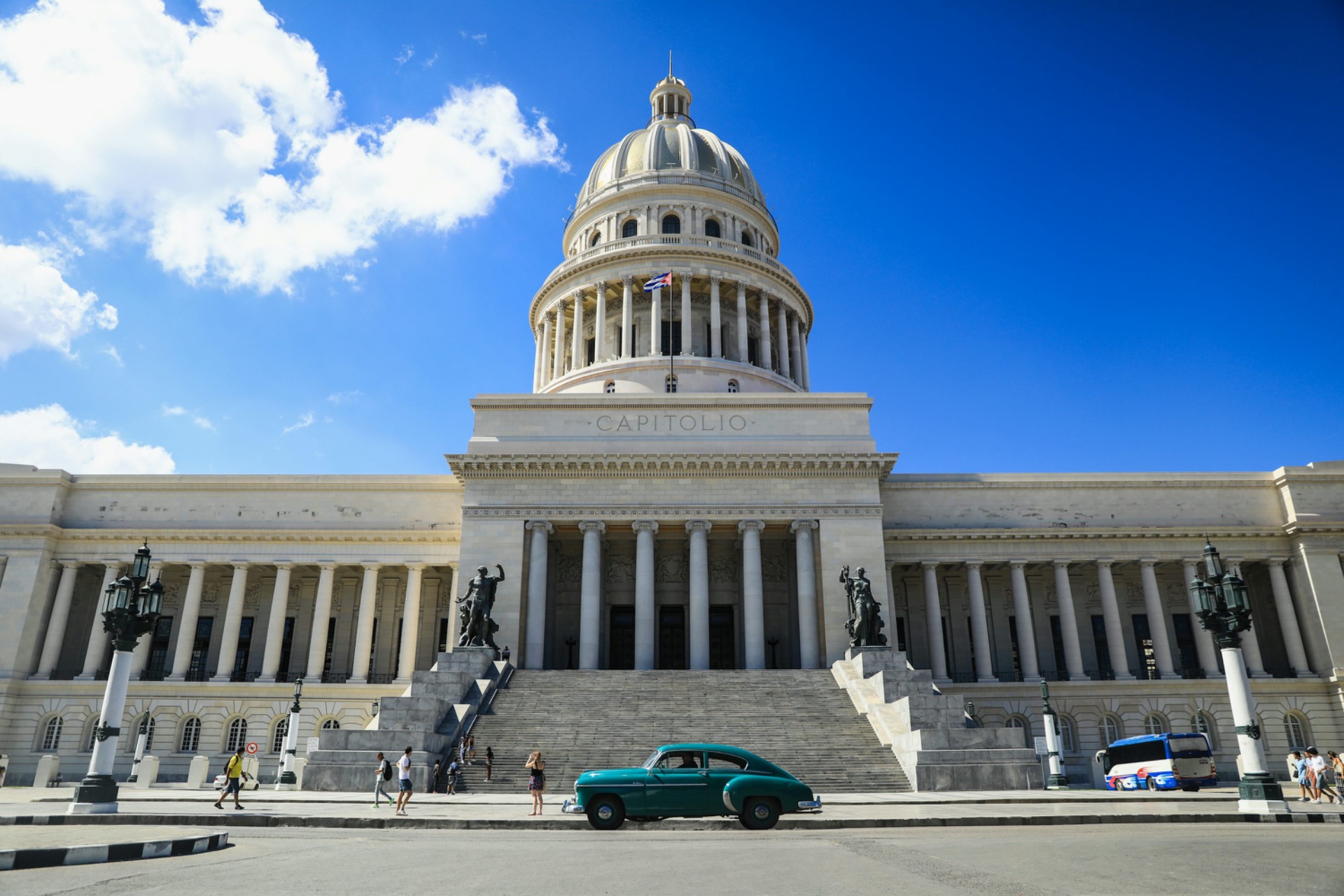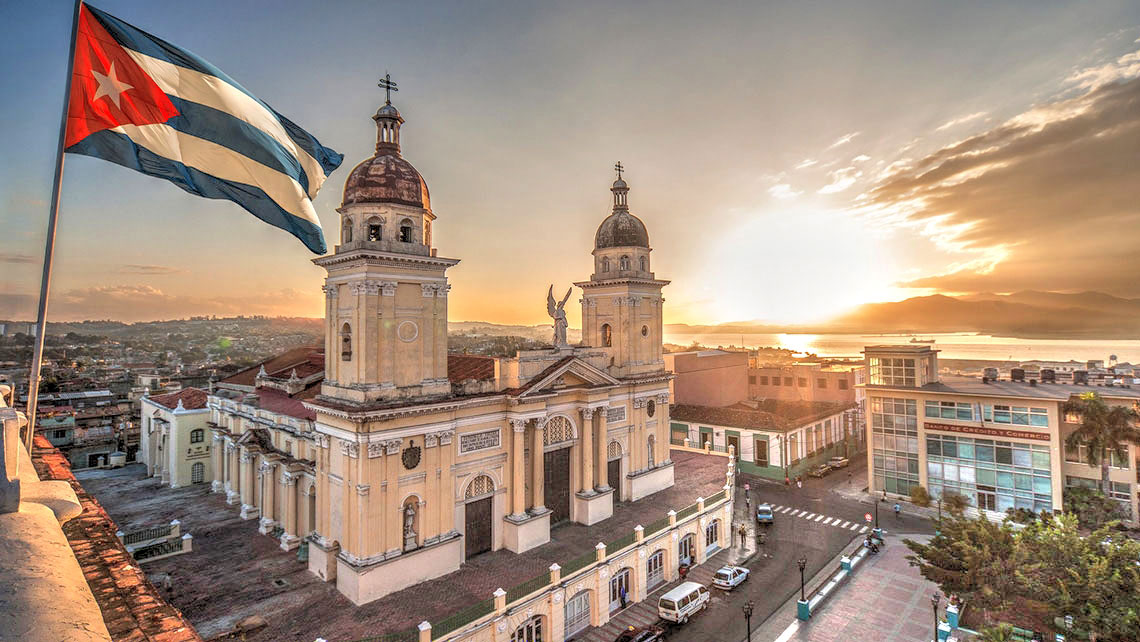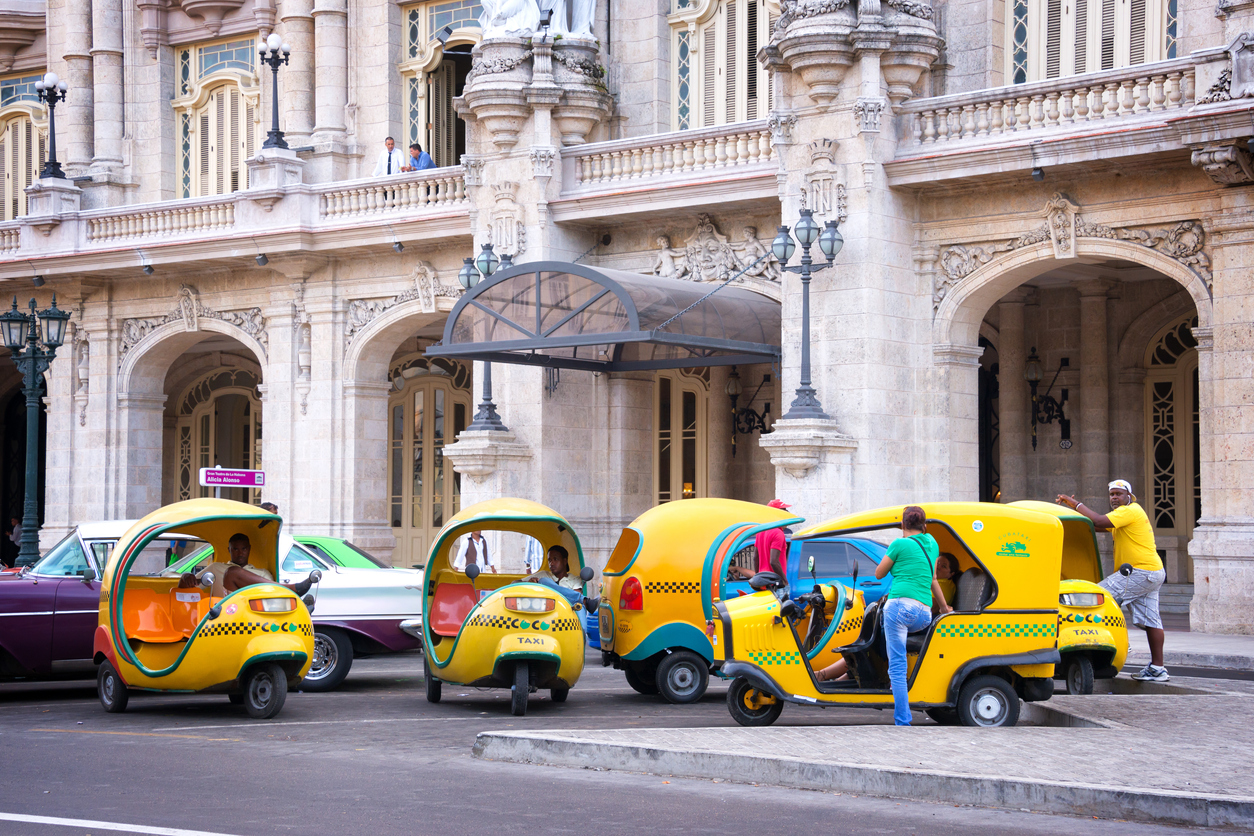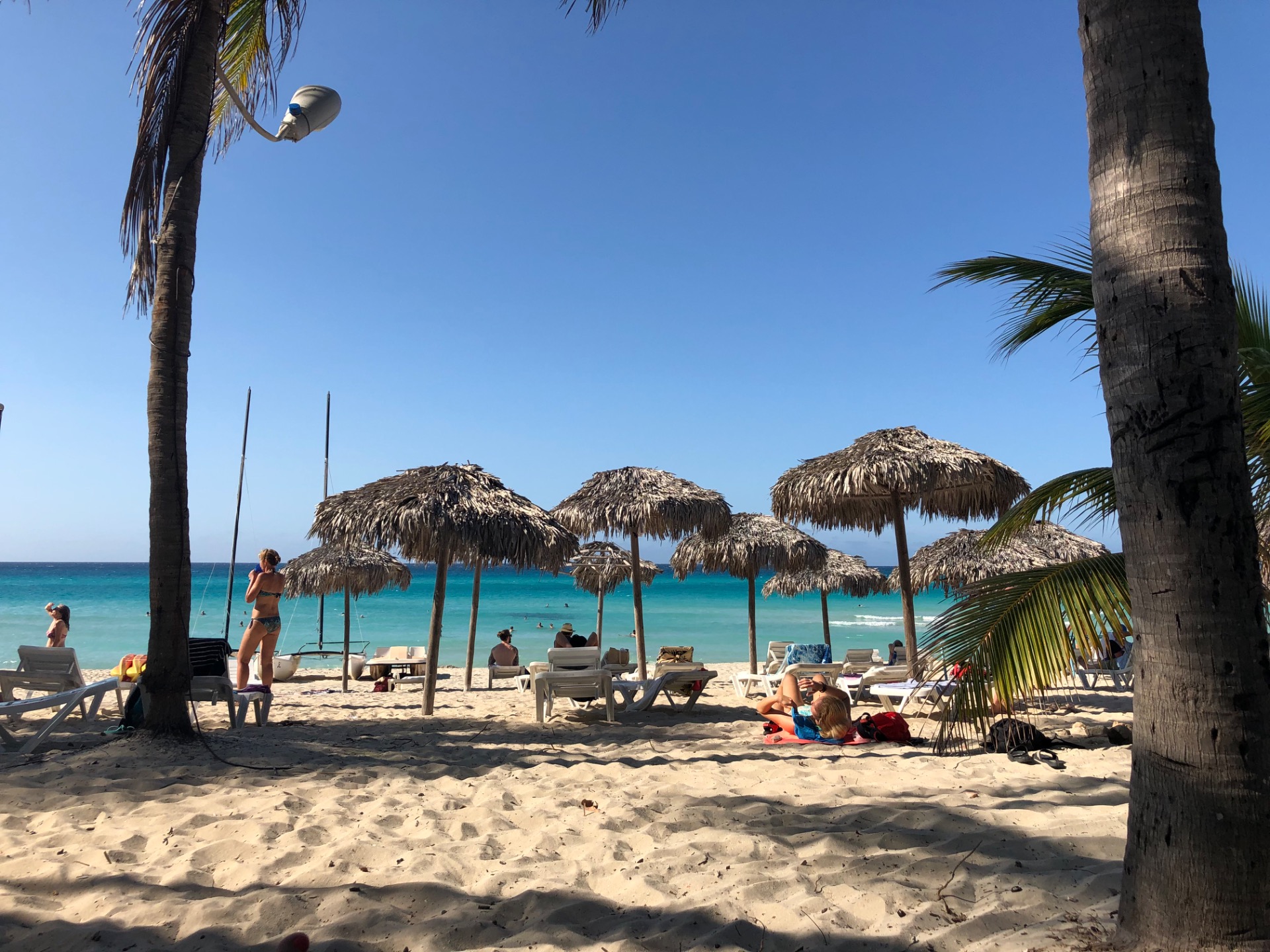CUBA - BASIC INFORMATION

ABOUT CUBA IN GENERAL
Cuba is an island country located in the Caribbean. Its capital, Havana, is known for its colonial charm, unique culture, and vibrant life. Cuba is famous for its white sandy beaches, crystal-clear sea, and warm tropical climate. Iconic symbols of the country include cigars, rum, and salsa music.
Cuba is also known for its political history, including the revolution in 1959, which led to the establishment of a socialist regime. Despite political issues, Cuba has maintained its unique identity, attracting tourists from all over the world.
WHEN TO VISIT CUBA
The best time to visit Cuba depends on your preferences and interests. The country has a subtropical climate with high humidity.
The period from November to May is considered the best time to visit. These months usually bring less rainfall and pleasant temperatures, creating ideal conditions for exploring the island.
Summers in Cuba are hot, but those who enjoy high temperatures and fewer tourists may prefer this season.
In September and October, there is a higher chance of rain and even hurricanes. However, this is also when Cuba has the fewest tourists and nature is in full bloom. Be prepared for high humidity.

CUBAN CURRENCY & PAYMENTS
The official currency in Cuba is the Cuban Peso (CUP). The convertible peso (CUC) was completely abolished on January 1, 2021.
Unofficial but widely accepted currencies are US dollars and euros. Upon arrival, you can exchange money at CADECA exchange offices or banks, though the official exchange rate is relatively unfavorable — approx. 120 CUP per 1 USD. On the black market, you may get up to three times more.
Do not exchange money on your own — ask your host or local contact instead. We recommend bringing mostly cash, ideally in a ratio of about 80:20 (euros/dollars vs local currency).
Card payments are not widely accepted in Cuba. Some hotels do accept VISA or MasterCard, as long as they were not issued in the US.
COMMUNICATING IN CUBA
The official language in Cuba is Spanish. Cuban Spanish has many specific expressions and a unique accent that can be challenging to understand. In hotels or some casas particulares, staff may speak limited English or other languages.

INTERNET IN CUBA
In Cuba, you'll get a break from the internet 😊. If you're open to a digital detox, you can buy data scratch cards from the local operator ETECSA, which include a unique code and password to log in at public Wi-Fi zones (like parks, hotels, or plazas).
If you need regular internet access, consider purchasing a local SIM card, which you order online and pick up at a selected location upon arrival (with your passport and order number).
ACCOMMODATION IN CUBA
While Cuba has many hotels, the most typical and authentic accommodation option is staying in casas particulares — private homes where locals rent out a room or a part of their home.
Cubans are warm and welcoming, so this is a great way to experience their culture first-hand.
If you're looking for clean, safe, and charming places to stay, feel free to contact me — I'll help you find trusted casas without any extra fees. Also I can help and recommend you the hotels.
HEALTHCARE
Cuba has the highest doctor-to-population ratio in the world. Cuban doctors are skilled diagnosticians, but hospital equipment may not meet European or American standards.
We recommend bringing a good travel insurance policy and a personal supply of medications.
Tourists are usually treated in hospitals designated for foreigners, which are better equipped.

SAFETY & WHAT TO WATCH OUT FOR
Cuba is generally considered a very safe country. Gangs as known elsewhere do not exist here.
Use the same precautions you would at home: avoid wandering alone at night in remote areas with valuables.
There has been a slight increase in street crime, so avoid areas like the Malecón promenade or poorly lit streets after dark.
Also, be cautious when swimming in the sea and always follow safety notices. Powerful currents can occur — avoid swimming early in the morning or late at night.
ELECTRICAL OUTLETS
Cuba uses plug types A and B (like in the USA), and the voltage is usually 110 V. This differs from the European standard (220–240 V).
You can buy a cheap adapter at any local electronics shop if needed.
VISA FOR CUBA
You must arrange an electronic visa before traveling to Cuba. Make sure your passport is valid for at least 6 months after your return.
Visa link: https://evisacuba.cu/es/inicio
About 7–14 days before your departure, you also need to fill out an entry form, required by the Cuban government. The link will be sent to you by email after you pay for the visa.
